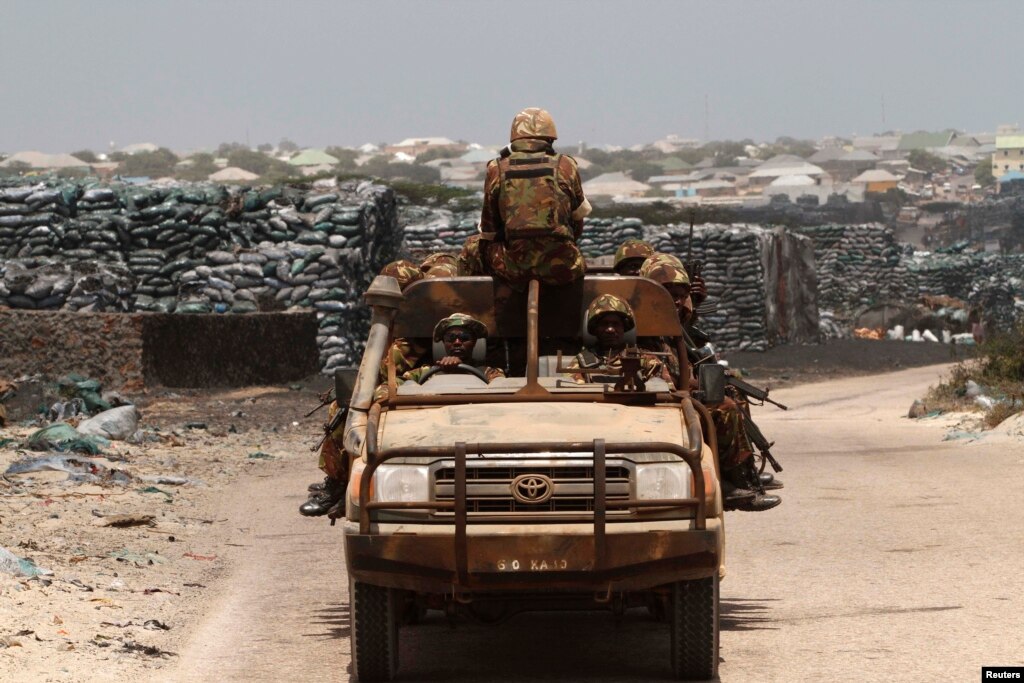A large part of the war on terrorism is disrupting financial supports for terrorist organizations. The United Nations made an effort to limit Al-Shabab finances by banning the imports of charcoal, which accounts for $25 million a year in funding. The Kenyan Defense Forces, who took over the major port in Southern Somalia, has been profiting from this banned export, undermining the UN sanctions regime. The most disconcerting part of this fact is that Al-Shabab is responsible for two high profile attacks in the past few years at West Gate Mall, in Nairobi, and at Garrissa University, and KDF is effectively supporting the financing of that terrorist group.
For the world, KDF, now the largest military in AMISOM, is considered indispensable in one of the world's terrorist hot spots. The US, for its part, gives $100 million dollars in the way of logistics assistance and military hardware. The US is also interested in working with the Kenyan navy at a base near Mombasa.
So what can the US or the UN in do about KDF? Effectively, nothing is the answer. If they withdrawal support, Kenya will just withdrawal its forces and claim the west is against them. Naming and shaming has been effective on the world stage, but leaders in Kenya, who would have the ability to reprimand the KDF, are either tacitly complicit or are denying the ostensible facts. Corruption is endemic in Kenya and this is merely another example in the corruption that is witnessed in Kenya on a daily basis.
The only cogent response the US and her allies can take is supporting civil society in Kenya. If politicians are denying the facts surrounding the KDF reinforcing Al Shabab financially, then civil society should expose their position and advocate for a political change. But, effectively, there is nothing the U.S. can directly do outside of diplomacy: this is up to the Kenyan people.

No comments:
Post a Comment